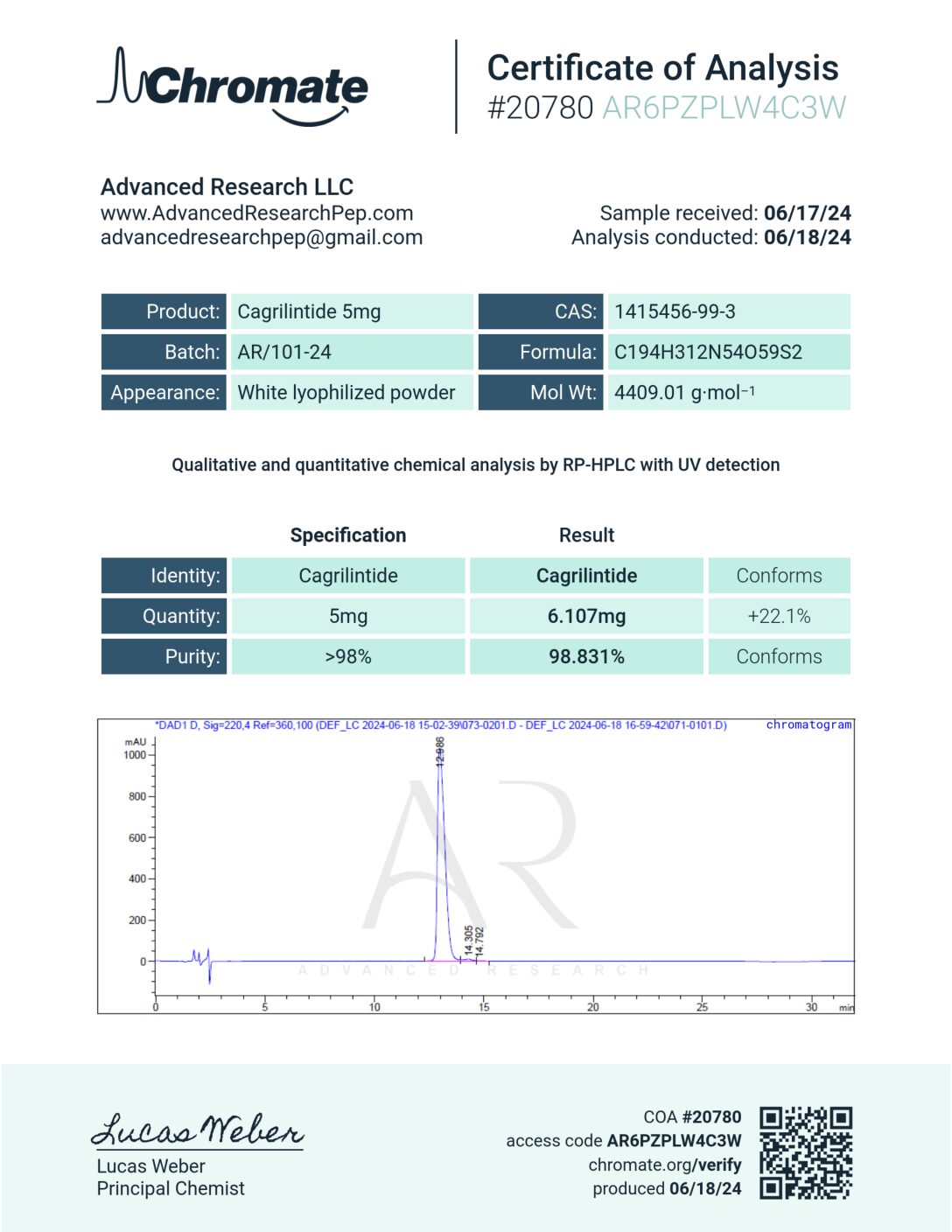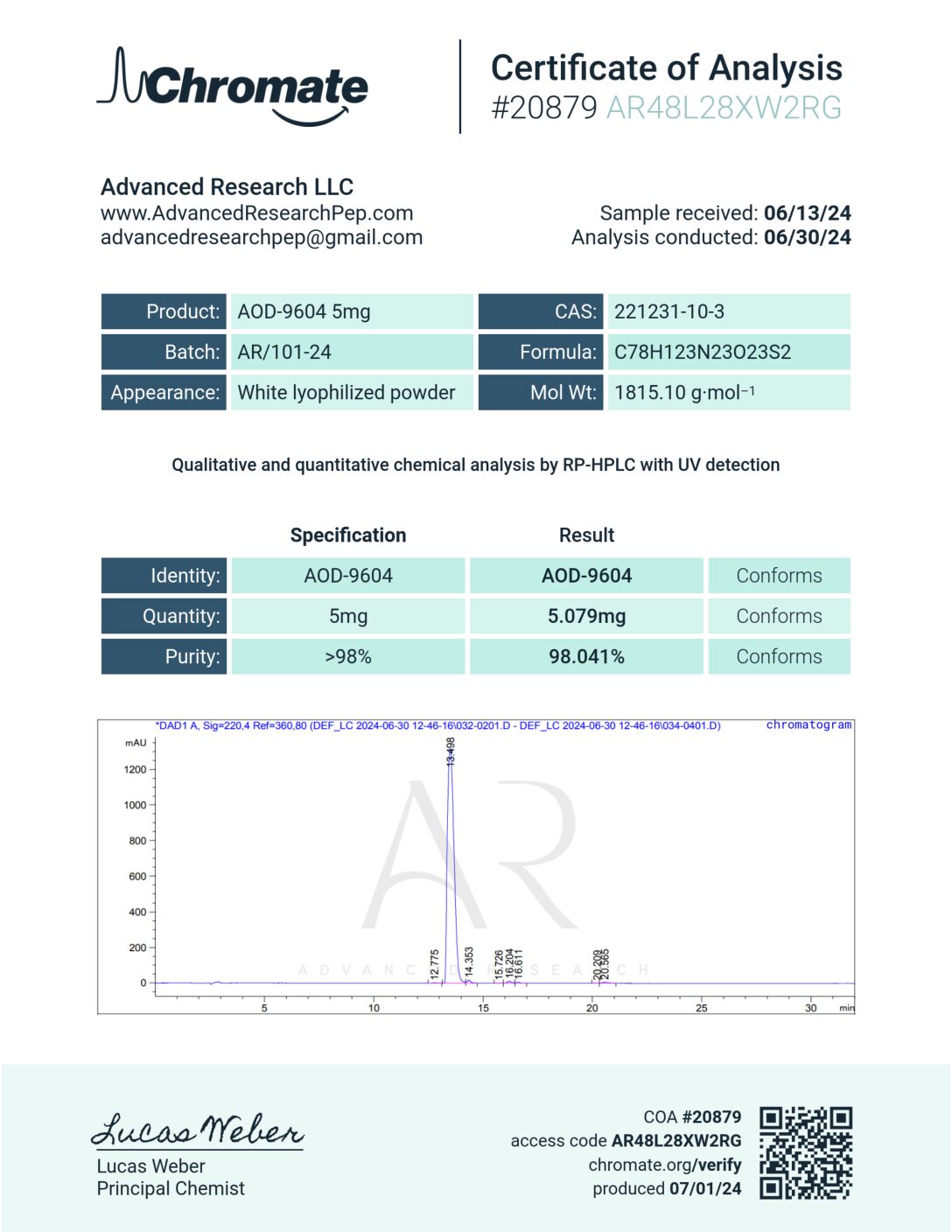Despite the worldwide epidemic of obesity, there remain few approved pharmacological treatment options to bridge the gap between lifestyle therapy and bariatric surgery. Cagrilintide is an amylin-analog, now being developed in combination with the GLP-1 agonist semaglutide to achieve sustained weight loss in persons with overweight and obesity. Amylin, released with insulin from beta cells in the pancreas, induces its satiating effect via both the homoeostatic and hedonic regions of the brain. Semaglutide, a GLP-1 receptor agonist, reduces appetite via GLP-1 receptors in the hypothalamus and increases the production of insulin, and reduces glucagon secretion, delaying gastric emptying. These separate, but related mechanisms of action of an amylin-analog and a GLP-1 receptor agonist appear to have an additive effect on appetite reduction. Given the heterogeneity and complex pathogenesis of obesity, combination therapy with multiple pathophysiological targets is a logical approach to increasing weight loss response with pharmacotherapy. Cagrilintide alone, as well as cagrilintide in combination with semaglutide have shown promising weight loss in clinical trials that supports the further development of this therapy for sustained weight management.
D’Ascanio AM, Mullally JA, Frishman WH. Cagrilintide: A Long-Acting Amylin Analog for the Treatment of Obesity. Cardiol Rev. 2024;32(1):83-90. doi:10.1097/CRD.0000000000000513
https://pubmed.ncbi.nlm.nih.gov/36883831/
D’Ascanio AM, Mullally JA, Frishman WH. Cagrilintide: A Long-Acting Amylin Analog for the Treatment of Obesity. Cardiol Rev. 2024;32(1):83-90. doi:10.1097/CRD.0000000000000513
https://pubmed.ncbi.nlm.nih.gov/36883831/











Reviews
There are no reviews yet